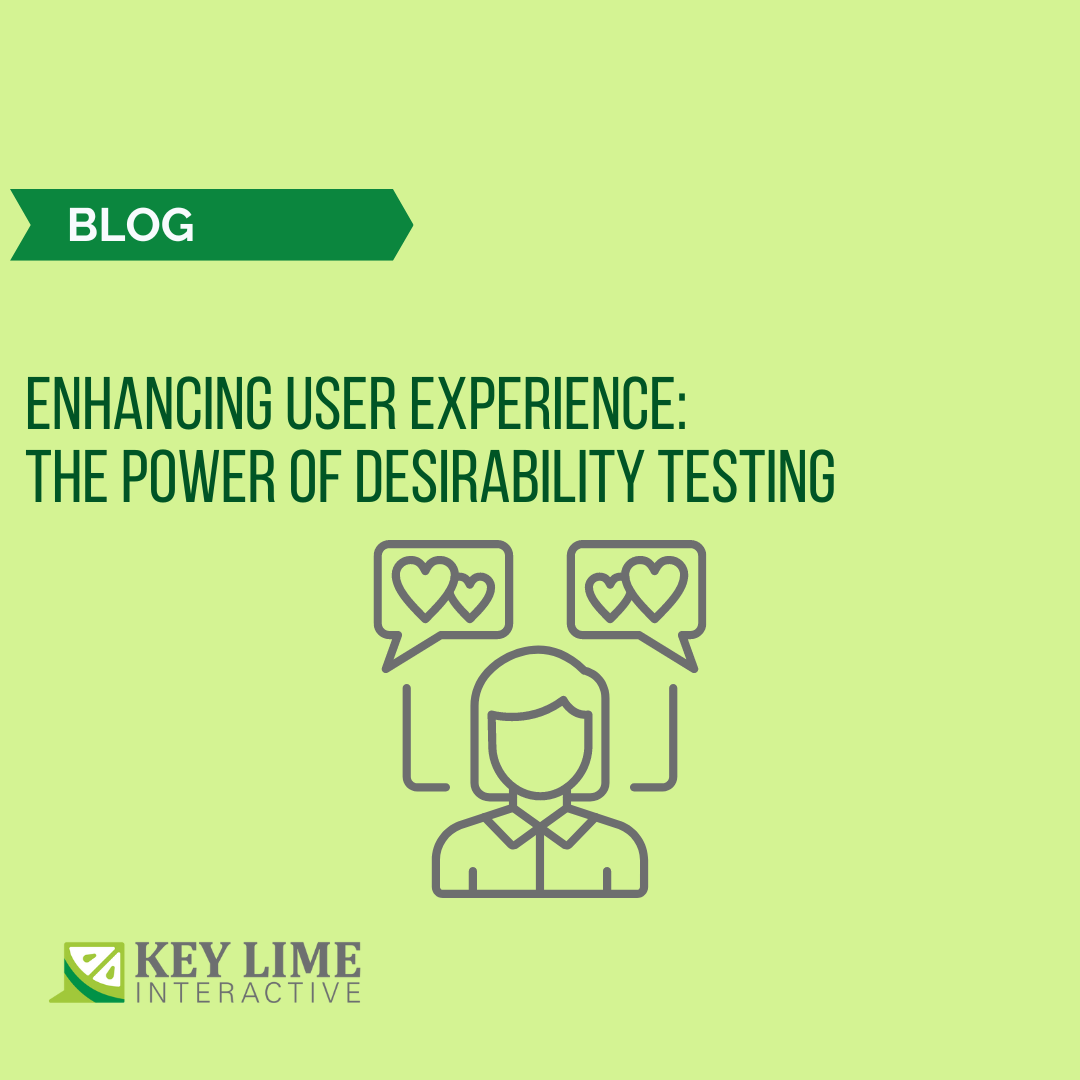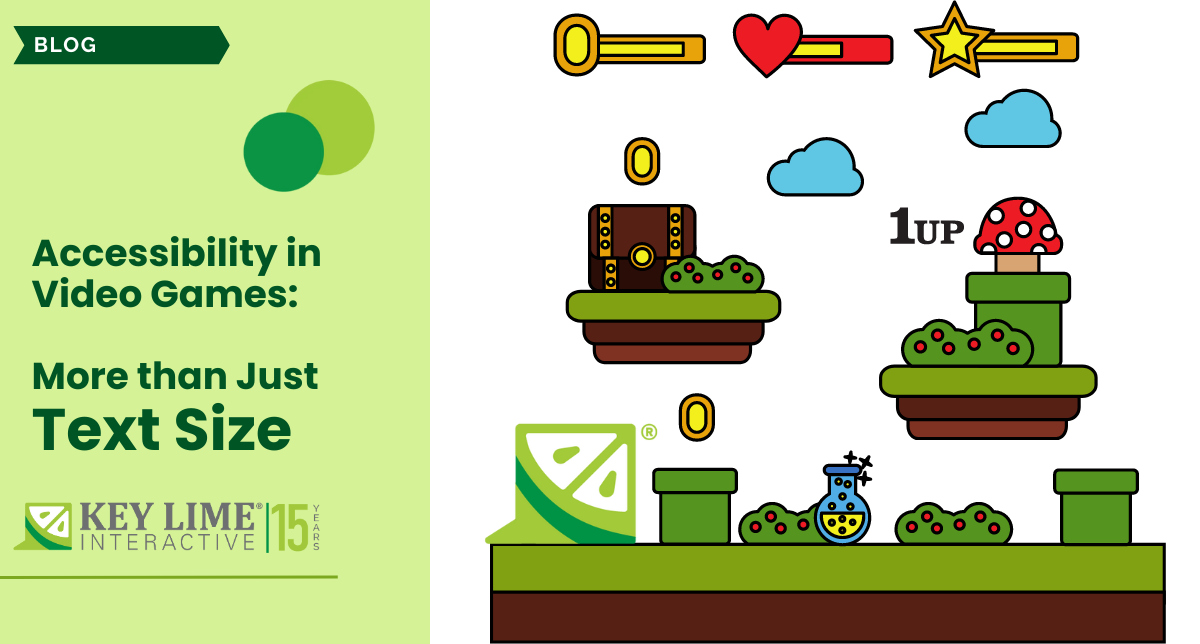
Spring of 2023 is coming, and with it, a new batch of college graduates eagerly searching for direction after their academic careers. Hey there, New Grads; you probably have many questions and uncertainties. To hopefully offer some guidance and support, I’d like to share a few personal anecdotes and lessons I learned while going through the same thing in the Spring of 2022.
“How do I combat imposter syndrome?”
Ask anyone in the industry, and they will tell you about how they, at one point, experienced immense imposter syndrome. We have chosen an industry where this mentality is tough to overcome because we often work in environments where success or skill is hard to measure. This is especially true in research which relies so much on the application of soft skills in addition to the mastery of tools or adherence to rules.
When I started my job search, I knew that I would only be successful if I continued to have confidence in myself and my abilities. A lot easier said than done! How can you feel like you are worthy or valuable when you consistently receive rejection after rejection – or worse, hearing nothing at all? I knew I had a lot to learn, and it felt like I was waiting for someone to take a chance on me.
After receiving a particularly painful rejection, I decided to stop, regroup, and rebuild some of my confidence. For a few weeks, I stopped submitting applications in bulk and instead noted the things I felt confident or passionate about. I focused on personal projects and realized that what I loved about research was exploring topics that sparked my curiosity and challenged social norms. Identifying these strengths, understanding, and articulating them were eventually what landed me a job at Key Lime Interactive.
“How many applications should I be submitting?”
As cliche as it sounds, the right opportunity is out there. But I won’t sugar coat it – the journey is often long and exhausting. A question I received a lot from people starting their UX journey was how to apply: Do I apply to a lot of places with bulk applications or apply to only a few places with perfectly curated cover letters and personal prompts?
In my opinion, a mixture of both is appropriate, but remember to stop and ask yourself occasionally if you actually want the positions you’re applying for. When playing a numbers game, it’s easy to forget that you want to like where and what you’re working on.
For me, at least, it’s not easy to fake passion for something that I don’t really care about. The best companies want people who want to be there. So whether you’re looking for job duties that align with your skills and passion or want to prioritize a healthy and growth-positive company culture, there should at least be one thing that gets you excited about that opportunity. It’s 2023; a company that doesn’t care if you like working there doesn’t pass the vibe check, in my opinion.
“I don’t have much industry experience; what do I have to offer?”
It’s frustrating, I know, to feel like you have the skills and passion for a position, but the job posting asks for 8+ years of experience, 37 gold coins, and the name of your unborn first child.
I had multiple professors tell me not to let this deter me from applying to these places since, at the end of the day, who you are as a person is ultimately what is going to get you hired (people don’t want to work with jerks – surprising, I know). But then, what do you talk about in an interview?
First off, academic projects do count, especially if you can articulate what you learned and how you grew from those experiences. Did you work with a team? Were there different roles and hats you had to wear? What problems did you have to overcome?
Secondly, you probably had to work through the design and/or research process in those projects. Regardless of what any textbook says, everyone’s discovery and design process is slightly different. Practice articulating your process–what parts do you feel you excel at, and where do you need to grow? Which part of the process is your favorite? Most importantly, how does your process fit into the process of the company you’re applying to?
The tricky thing is that all of this ultimately comes out during an actual interview which, unfortunately, many of us don't always get to. In that case, return to the previous section and remember that it only takes one opportunity to make a difference.
You may feel like just another number right now – indistinguishable from the masses. If I could offer one last piece of advice, it’s that you are what will keep you going. Your passion and drive will waver, but prioritizing your well-being at this time is so important. Take breaks; be your own hype-man; if you can’t do it alone, find someone who will support you and do it with you. Most importantly, never stop in the pursuit of knowledge and perspective.
At Key Lime Interactive, we’ve hosted Mentor Days in which our team members offer up their time to the public. They are passionately ready to offer their stories and wisdom to anyone trying to take that first leap. If you’d like to know about upcoming Mentor Days, let us know.










Comments
Add Comment